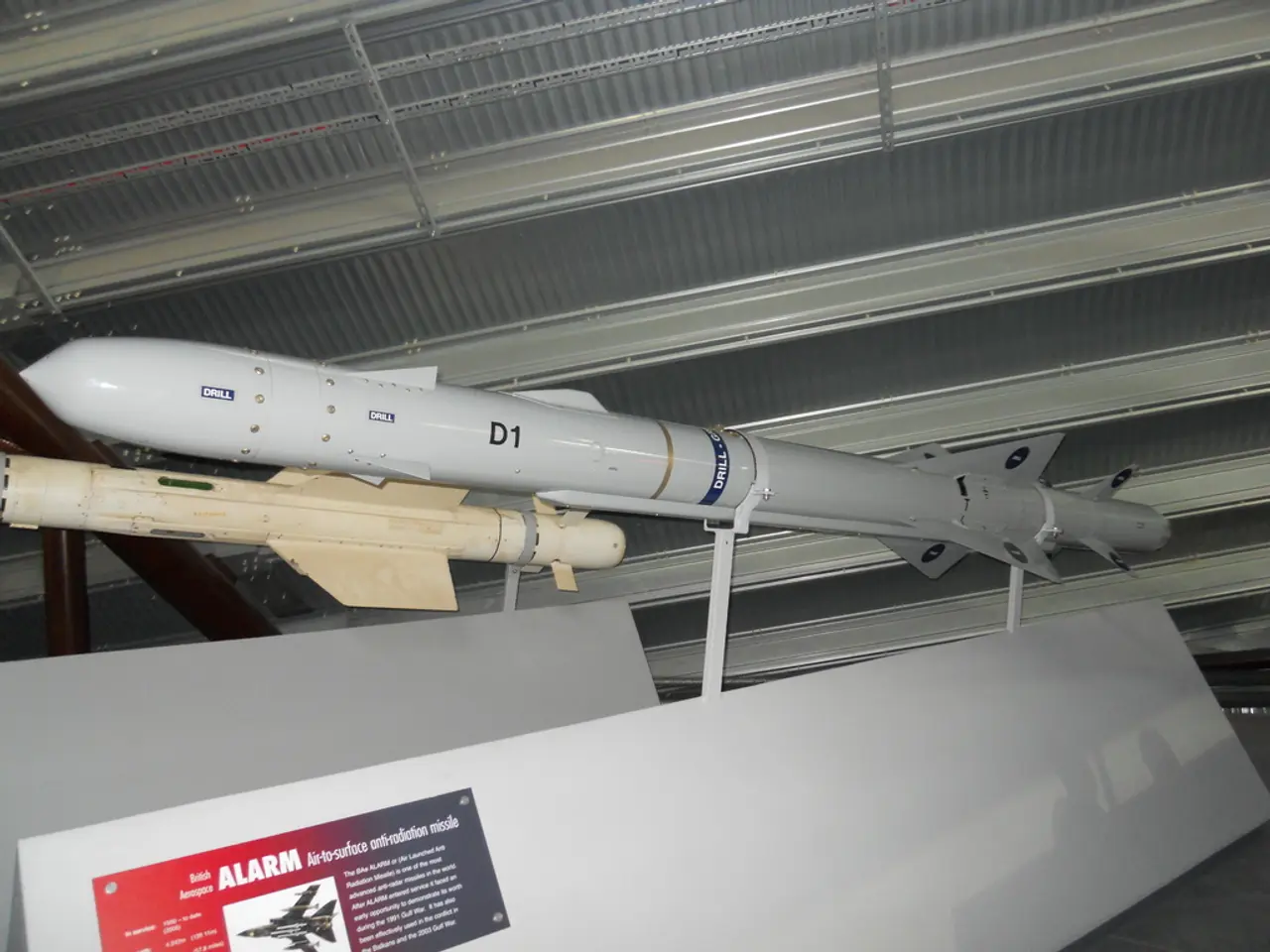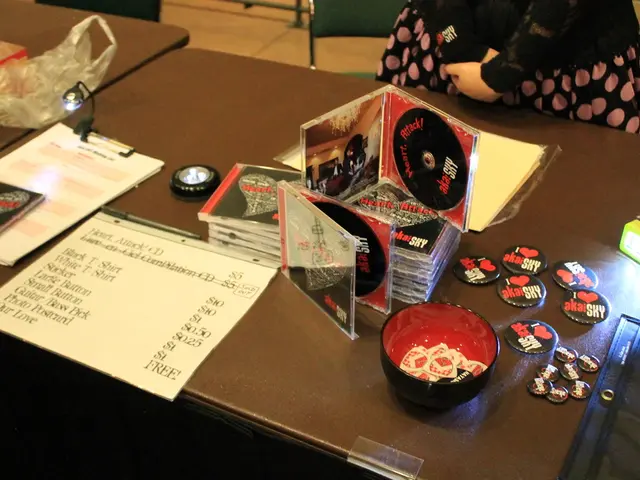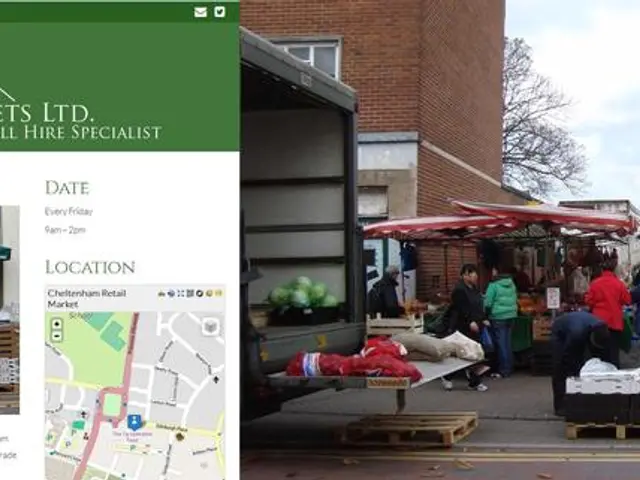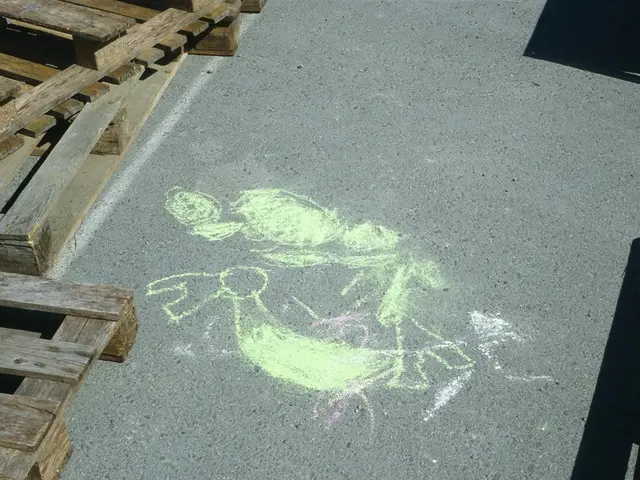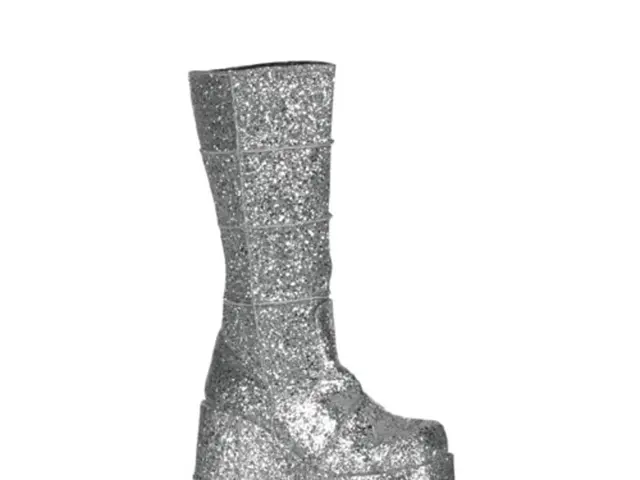Game developer Activision temporarily shuts down Call of Duty: WWII online services following hacker intrusions exploiting Remote Code Execution (RCE), allowing malicious code to disrupt gameplay and gain control over PC users' computers.
The Call of Duty: WWII gaming experience on PC has been disrupted by a hack that exploited Remote Code Execution (RCE) vulnerabilities, allowing hackers to execute malicious code on players' computers. This hack has led to several instances of unwanted pop-ups, PC shutdowns, and the display of inappropriate content.
The primary concern for players is the potential for serious security breaches, as RCE exploits can give hackers full control over a player's computer, potentially leading to data theft or further malware installation. Inconvenience and gameplay disruptions have also been reported, with players experiencing interruptions like unexpected pop-ups and system shutdowns.
Activision has responded to the issue by temporarily taking Call of Duty: WWII offline on PC to mitigate the problem and prevent further hacking. However, as of the latest reports, there has not been an official statement from Activision or Microsoft regarding a specific resolution or timeline for fixing the issue.
Implementing robust security patches and updates will be crucial to resolving the issue and ensuring player safety upon the game's return. Until an official fix is released, players are advised to avoid playing the game on PC Game Pass to prevent potential harm.
This hack has been a common occurrence for a long time in older Call of Duty titles, including Call of Duty: WWII, which was released in 2017. It's worth noting that Activision's anti-cheat system, Ricochet, was introduced in 2019 with Call of Duty: Modern Warfare, but Call of Duty: WWII does not have the same level of protection against hacking.
Recent revelations have shed light on the tools used by hackers, including options for kicking players, enabling God Mode, and using RCE. It's important to note that consoles are less vulnerable to these types of hacks due to their limited code execution freedom.
In a bizarre twist, a streamer's desktop wallpaper was changed during a live stream, and an Activision lawyer's image was displayed on one stream as a result of the hack. These incidents highlight the extent to which hackers have been able to manipulate the game.
As the situation unfolds, players and the gaming community await Activision's official response and a resolution to this issue. In the meantime, caution is advised to protect both gaming experiences and personal data.
[1] https://www.pcgamer.com/call-of-duty-wwii-hack-exposes-player-pc-data-and-allows-hackers-to-run-malicious-code/ [2] https://www.polygon.com/call-of-duty/2023/3/15/22974480/call-of-duty-wwii-hack-pc-game-pass-malware [3] https://www.eurogamer.net/articles/2023-03-15-call-of-duty-wwii-hack-leads-to-player-data-theft-and-malware-infections [4] https://www.gamespot.com/articles/call-of-duty-wwii-temporarily-taken-offline-on-pc-due-to-hack/1100-6501375/
- Given the widespread RCE attacks on Call of Duty: WWII, it's essential for players to prioritize cybersecurity measures, particularly when using gadgets like PCs, to safeguard their information and prevent further data breaches and malware installation.
- Moreover, as the gaming community anxiously awaits Activision's resolution for the recent hack, it's recommended to exercise caution in managing technology, such as PC Game Pass, to ensure an uninterrupted, secure, and enjoyable sports experience—for instance, watching live football matches—rather than encountering unexpected disruptions.
